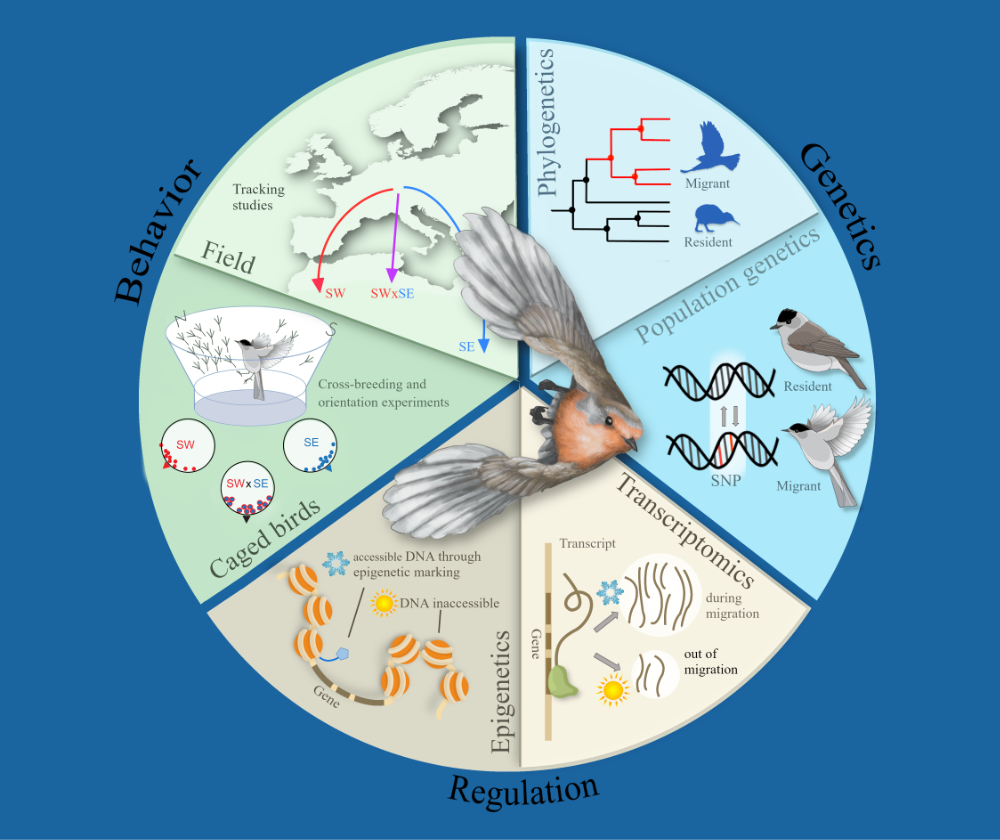Speaker
Description
Salmón P., Weissensteiner, M., Rodríguez, M., Wikelski, M., Partecke, J., & Liedvogel M.
Telomeres are repetitive, noncoding DNA sequences that cap and protect the ends of chromosomes and they constitute a highly conserved system involved in the maintenance of genome stability and replication. Over the last two decades the question on how telomere length is related to survival and fitness in animal populations has received considerable attention. However, among-population differences in telomeres have barely been explored to date, neither its link to population-specific variation in life histories. Here we used whole-genome-sequencing data to estimate the telomere length from four Eurasian blackbird (Turdus merula) populations, each exhibiting distinct migratory behaviours - ranging from fully sedentary to partial and fully migratory. Our findings provide new evidence of population-specific variation in mean telomere length, emphasising the importance of investigating telomeres at the between-population level to better understand the mechanisms underlying differences in life history strategies.

